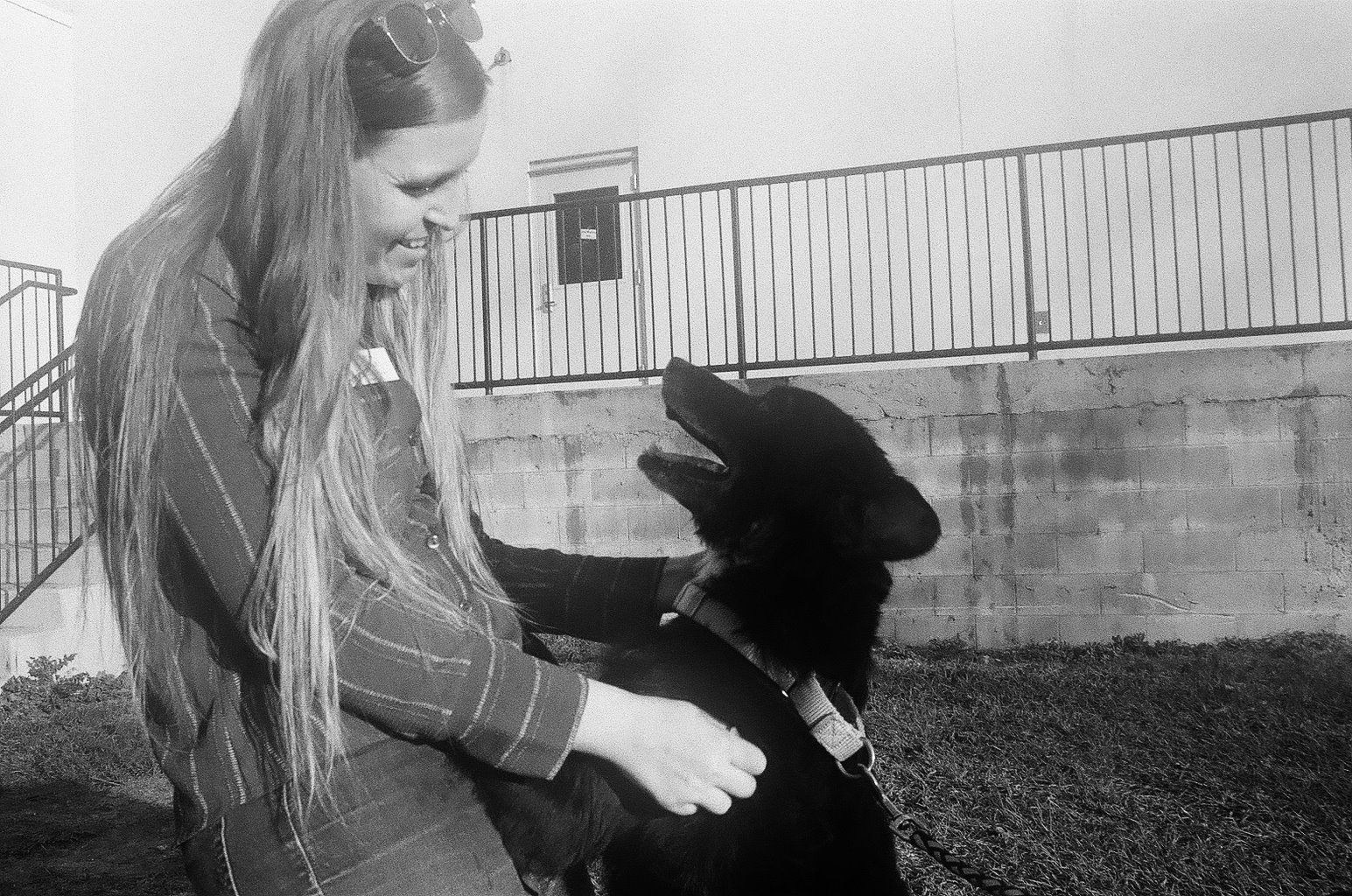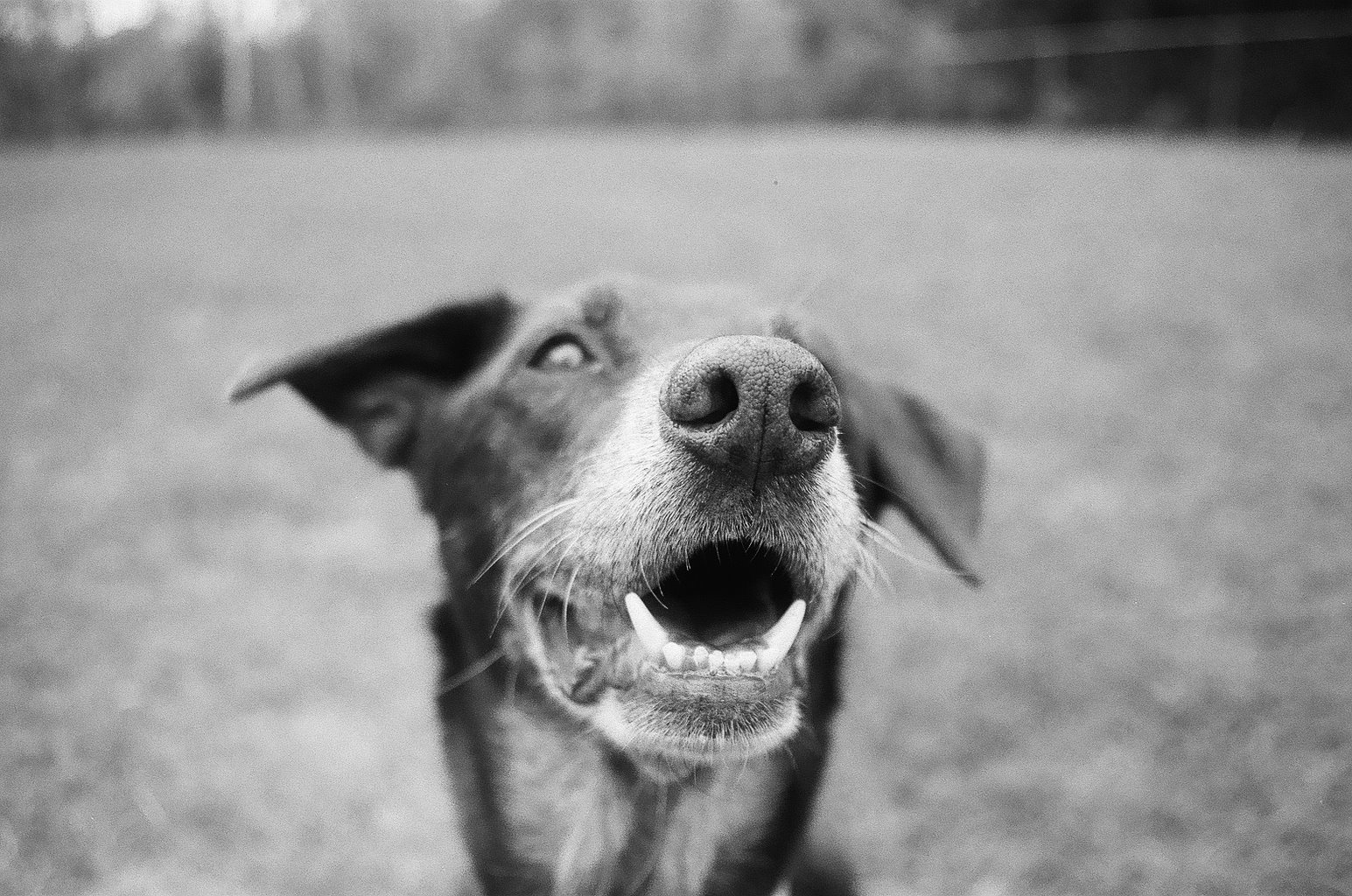
Friends of the ASPCA
For three months our Advanced Writing class struggled to assemble and disassemble and reassemble a service project that involved teaching entrepreneurship skills to high schoolers in underserved communities. We fought time and time again to keep a project together that seemed fated to fall apart at the seams. In doing this service project I learned the value of recognizing that, despite your best efforts to make something work according to your expectations, critical factors of its success are sometimes simply out of your control. People get times mixed up, or it rains and they can’t drive two hours to meet you, or your school schedule doesn’t align with that of a high school and probably never will. Chance is an element of school, careers, and life in general that we underestimate, or perhaps deliberately deny. However, you continue to do what you can in spite of the uncertainty that comes with a multivariable endeavor, and walk away from it at the end of the day satisfied with doing all that you could to help it succeed, while acknowledging the elements of it that you couldn’t control.
I consider this lesson not only applicable to the completion of this project itself, but also to community issues like generational poverty and youth in underserved communities, which our project addressed. I’d like to believe that by teaching underprivileged high school students entrepreneurial skills we’re equipping them with what they were missing in order to hoist themselves up out of poverty and eventually become financially independent, but I don’t think it’s that simple. I believe that most of these kids are probably already very motivated, creative, bright, and interested in leadership and business ownership. It isn’t a lack of inspiration or creativity that’s keeping them down, as much as we might like to believe that it is, as that’s something that we could help remedy with a one-day workshop. I believe they are set up to fail by a system that works against them by doing little to intercede in the cycle of poverty. However, that doesn’t mean that we don’t try to help or that they don’t try for a future brighter than their current circumstances. It just means that we recognize that the people who we’re trying to help are, like us, subject to many extraneous factors in their lives that are outside of their control.
In insisting that they aren’t, that they can pull themselves up by their bootstraps if only they fought harder, we indirectly imply that they’re at fault for their own poverty by failing to take enough initiative in their present circumstances. They didn’t choose the family that they were born into. They didn’t choose to lack access to critical healthcare, or reliable transportation, or elite summer camps, or affordable housing, or private schooling. They’re trying, just like we are, to achieve goals that they’ve set for themselves with the tools that they have, and ultimately to override chance and the unpredictable variables of their lives with diligent work and preparation. And I believe that in recognizing that we not only relieve ourselves of the pressure of perfectly executed success when trying to help these students, but also of the blame when things don’t go to plan despite all of our effort. Or take longer than we hoped. Or have an outcome that looks different that the one we visualized.
Time and time again I’ve seen the most deserving people, who’ve done everything possible to make things go right, blame themselves when they doesn’t because they’ve been taught to believe that everything is within their control and if they fail, it’s unconditionally their fault because their success was a direct product of their work ethic and ability. I think this is a way of thinking that helps successful people feel solely responsible for their own success, despite advantages that they did nothing to earn (and were just as out of their control as disadvantages might be), to and reassure themselves that if they continue to work hard there is no possible way for them to fail, because they are in control and their life is not subject to the cruelty of chance.
The idea that we could pour time and effort and thought into a project for months only for it not to “work” by the standard that we created for ourselves is scary and uncomfortable. As is the thought that you can work extremely hard and have incredible talent and still not be able to make it until you’re 40, or 60, or at all, simply because you spent the first 30 years of your life trying to get out of poverty and to the starting line where your peers were dropped on day one. Because you were enormously disadvantaged from the get-go, and it wasn’t because you weren’t talented enough or smart enough or hard working enough, but because you were born into a family that was already living paycheck-to-paycheck before you came along, or a family with sick relatives who you had to care for because you can’t afford in-home healthcare, or a family who wants to send you to space camp but just can’t find it in the budget because they can hardly find dinner in the budget.
I don’t believe that this is a bleak way of looking at this service project, because the point that I’m trying to make is this: the beauty of acknowledging just how much of life is subject to chance is that we try anyway, despite its daunting uncertainty. I think that encapsulates the resilience of the human spirit — to fight in the face of something as uncontrollable as chance, knowing that it may fail despite your best efforts. If one succeeds in such an endeavor, especially people like the kids who we set out to create this project for, it should be recognized for what it is — an astounding achievement of grit, perseverance, and hard work in the face of all odds, mingled with some fortune and help along the way. And if it doesn’t work, we recognize that sometimes that same fortune doesn’t favor us, and we cannot judge it to be a personal reflection of our worthiness, whether it’s applied to the success of a class service project or of the pursuits of an extremely disadvantaged person.
I believe that’s something that can’t be learned in a controlled, traditional classroom environment. It requires risk-taking, and I have respect for our professor’s insistence on our taking a risk that could “fail.” It taught us the importance of flexibility and persistence, but it also reminded me that a “failure” doesn’t mean that I didn’t do everything I could, or that my peers didn’t make their best effort, despite what I may have been taught by a society convinced that hard work creates an immunity against chance for those who want it badly enough. And for the high school kids who we attempted to connect with, any “failure” of theirs doesn’t mean that they aren’t deserving of a decent life, the kind of life that so many USC students were gifted with by the very chance that entrapped many of them in poverty.
In that way, I think that we addressed the root of the problem. I believe that the workshop itself might only have treated its symptoms in a way that made us feel good temporarily before we moved on with our year. I think that there’s still a chance, perhaps, to throw something together to send to the high school kids that includes the videos that we made. Whether or not it will help them, I don’t know. I have a feeling that it will just bandaid the problem that I’ve described above, but maybe I’m overly cynical. Maybe they are in need of inspiration. And if we can provide that for just one kid, as cliche as it sounds, then we’ve done something worthwhile. I almost wish that they could have watched us struggle for months to try to get this project off the ground, because in witnessing that maybe they’d understand the lesson that those of us on the inside learned. That even when you try your hardest, you can still “fail,” or at least not succeed in the way that you imagined. But I do think that I, and hopefully many of my classmates, have learned that it’s not possible to outrun or out-work or outsmart chance. Many of our successes are made possible by it, as are our failures, but that doesn’t mean that we throw in the towel because of the factors that are out of our control. I believe that it’s very bold to continue to fight in the face of life’s unpredictability, and I respect anyone who recognizes it for what it is and keeps the faith anyway. For us, it was in a service project that didn’t turn out the way we’d hoped, but still has potential to make an impact. For the kids on the receiving end of the service, I believe the stakes are much higher. And even though I don’t know them, I respect them for persisting long enough to take interest in our project, and in the face of disadvantaging circumstances that they work everyday to compensate for. I find a lot of hope in that.

Talbot Hall
Read more from me on Medium.com by following @talbotnhall.